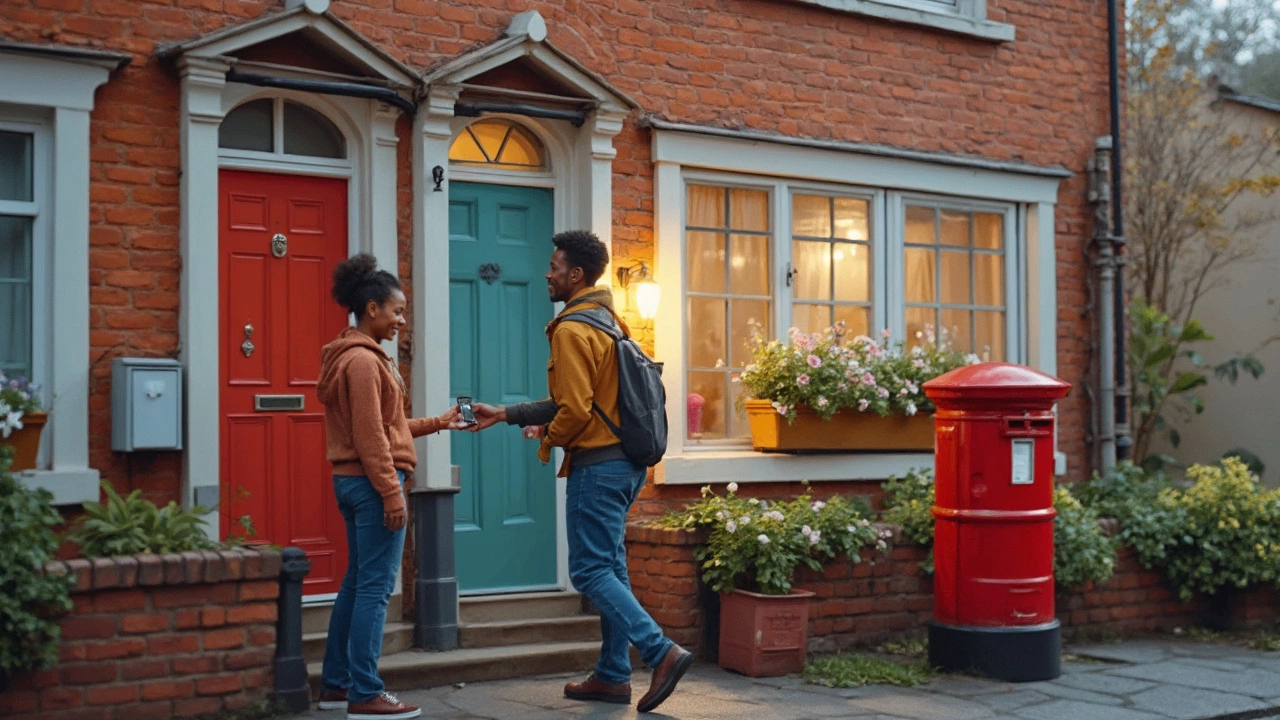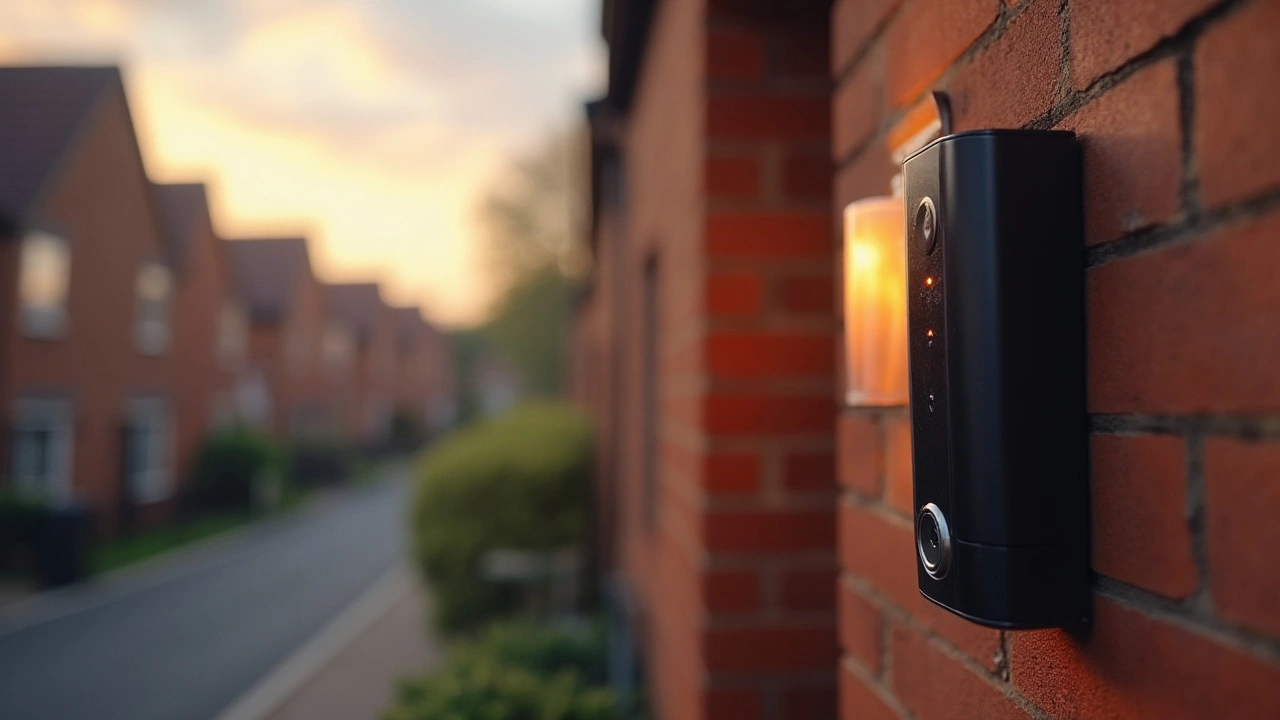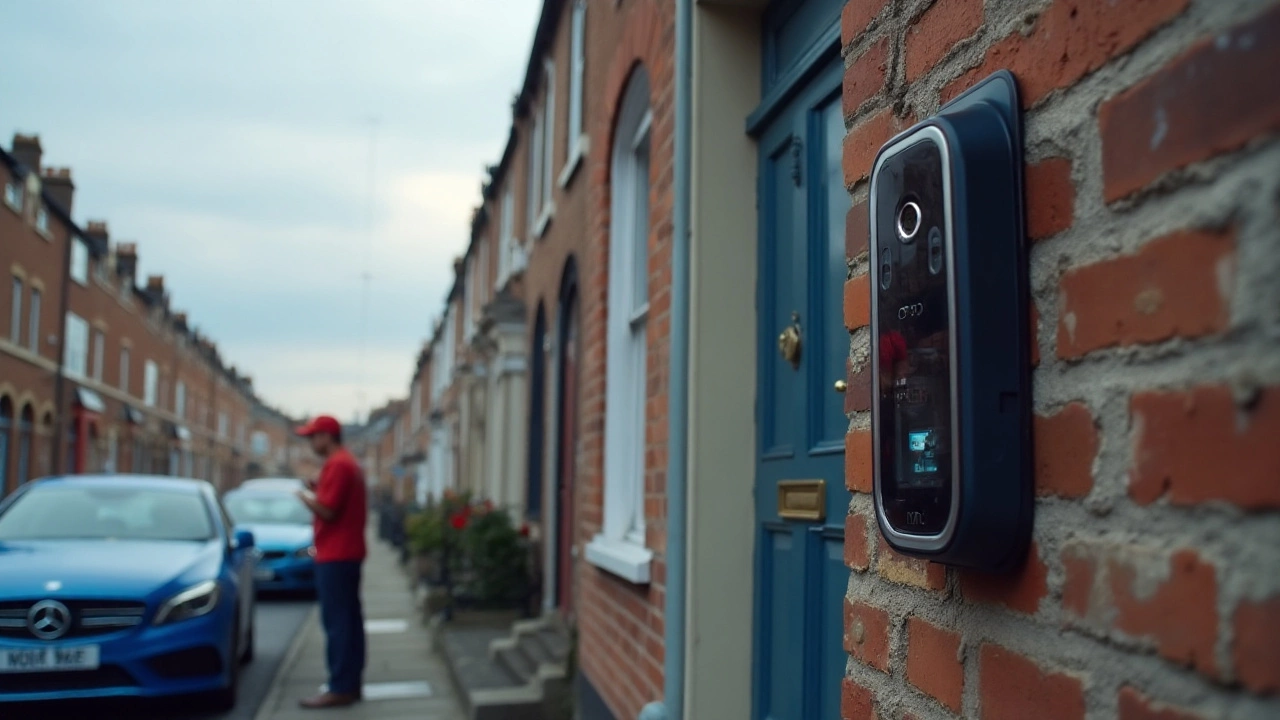Smart Doorbell Basics: What You Need to Know in 2025
Thinking about adding a smart doorbell? You’re not alone – UK homeowners are swapping old chimes for video‑ready gadgets every day. The big questions are simple: Does it need wiring? Do you need Wi‑Fi? And will it actually keep burglars away? This guide answers those questions, gives a quick checklist, and points out the hidden risks so you can decide fast.
Wired vs Battery – Which Fits Your Home?
Most brands sell two versions. The wired model hooks up to the existing doorbell transformer (usually 12‑24V) and never needs a charge. If you already have a transformer that can supply 16‑24V, wiring is the cleanest choice – no batteries, no surprise drop‑outs during a power cut (most units keep a few minutes of backup).
Battery‑powered doorbells run on rechargeable packs hidden in the back of the unit. They’re great for flats or older houses where pulling wires is a pain. Expect 6‑12 months of life on a typical 2‑year battery, but keep an eye on the indicator – a dead battery means a blind spot at the front door.
Cost wise, a wired install usually runs £30‑£70 for the transformer upgrade plus labour if you hire an electrician. Battery units are cheaper upfront (£70‑£120) but you’ll spend on occasional replacements or a spare pack. Think about future upgrades – a wired system can still power a battery backup if you change your mind later.
Security, Privacy and Legal Basics
All smart doorbells need Wi‑Fi to send video to your phone. A solid 2.4GHz network with at least 5‑10Mbps upload speed works fine. If your internet goes down, most doorbells switch to local storage or simply stop recording – you won’t get alerts until you’re back online. Some brands (like Ring) still capture motion locally, but you lose cloud features without a subscription.
Privacy is a hot topic. Neighbours can complain if your camera points over their fence, and UK CCTV laws require you to put a sign if the footage captures public spaces. Keep the field of view tight – aim at your doorstep, not the street. If you rent, check your lease – some landlords ban external cameras outright.
Legal trouble is rare, but remember: recording audio without consent is illegal in most of the UK. Stick to video only, and disable any mic if you’re unsure. When you sell the house, delete the stored footage or give the new owner the login details.
Here’s a quick checklist before you buy:
- Do you have a compatible transformer? (Check voltage on the old chime.)
- Is your Wi‑Fi strong at the door? (Test with a phone.)
- Do you need a battery backup?
- Are you comfortable with a cloud subscription for video storage?
- Can the camera’s view stay within your property line?<\/li>
Once you’ve answered these, the choice becomes clear. Wired for reliability, battery for convenience, Wi‑Fi for real‑time alerts – pick what matches your home and budget. And remember, a smart doorbell is just one part of a full security system. Pair it with motion sensors, good lighting, and a reputable monitoring service like Birmingham Security Command Center for the best protection.
Ready to upgrade? Grab a model that fits your wiring situation, set up the app, and you’ll start seeing who’s at the door from your couch. It’s a small change that makes a big difference in everyday peace of mind.







